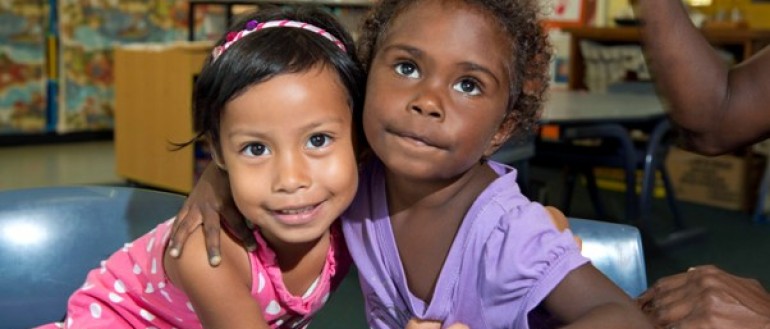Aims:
- A double-blinded randomised controlled trial designed to determine whether a longer course (13-14 days) of amoxicillin-clavulanic acid, compared to a shorter course (5-6 days), improve clinical outcomes of children hospitalised with severe community-acquired chest x-ray confirmed pneumonia by:
(i) improving clinical cure rates
(ii) reducing risk of chronic respiratory symptoms and/or signs or bronchiectasis (at 24 months) and/or
(iii) increasing time to the next respiratory hospitalisation
Secondary
- To monitor the effects of the duration of antibiotic treatment on antibiotic resistance in respiratory pathogens isolated from the nasopharynx.
- To determine the predictors of chronic respiratory symptoms or bronchiectasis, specifically the contributions of:
(i) Host gene expression signatures associated with lower airway bacterial infection; and (ii) Persistent chest x-ray abnormalities following treatment for pneumonia
(ii) Persistent CXR abnormalities following treatment for pneumonia.
Summary:
Indigenous Australian children have the world’s highest published rates of hospitalised pneumonia and chronic lung disease including bronchiectasis. Children from developing countries are also at a similar risk. Yet, optimal treatment of pneumonia and how to prevent its long-term effects remain unclear. Trials have focused upon short-term (1-2 weeks) outcomes and reduced antibiotic courses in children with non-severe (viral) pneumonia. However, in high-risk populations from Australia and Malaysia, a longer course of antibiotics may enhance bacteria clearance and thus reduce the risk of chronic lung disease after severe bacterial pneumonia in young children whose lungs are still developing.
Implications for policy and practice:
Data from this study will substantially advance child pneumonia treatment with implications for future lung health, especially in high-risk Indigenous children. Results would lead to changes in national and international guidelines.
As a longer antibiotic treatment for all children may increase antibiotic resistance and lead to ‘over-treatment’ in some, we will address these two issues by monitoring for antibiotic resistance and embark on a discovery program to identify biomarkers that predict poor long-term respiratory health outcomes.
Availability of novel biomarkers from host gene expression will help clinicians decide which children are at high risk, and therefore in need of more intensive follow up, and may enable targeting of longer antibiotic treatment to those at highest risk of bronchiectasis.
Our research has found:
Recruitment was completed in June 2020. Children will be followed-up for a further 24-months.
Project dates:
The project commenced in 2016 and is due for completion in 2022.
Chief investigator:
Project manager:
Contact information:
Funders:
- National Health and Medical Research Council (NHMRC)
Collaborators:
- Menzies School of Health Research, Darwin, Australia
- Griffith University, Gold Coast, Australia
- Sarawak General Hospital, Sarawak, Malaysia
- The University of Queensland, Brisbane, Australia
- University of Malaya, Kuala Lumpur, Malaysia
- Queensland University of Technology, Brisbane
- Nanyang Technological University, Singapore
- Starship Children’s Hospital, Auckland, New Zealand
- KidzFirst Hospital, Auckland, New Zealand
- Tengku Ampuan Rahimah Hospital, Malaysia

